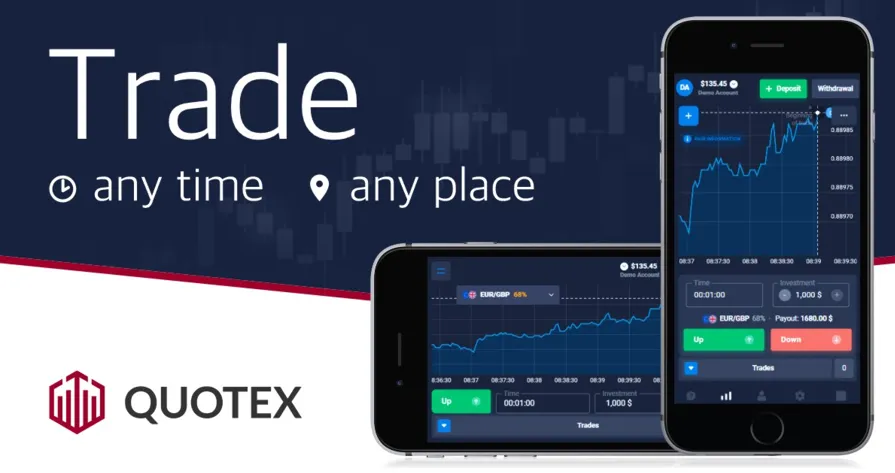What are binary options? A binary option is a type of options instrument that has a fixed expiration date, with a fixed payout. Essentially, it’s a yes or no bet. Specifically, the bet is whether a set price of an underlying market will be at, above, or below a target price, at a specified time in the future.
For example, on Monday morning, a trader is trying to answer the question: Will the S&P be at 1350 by 4 p.m. Friday? If the trader anticipates this outcome and is correct, the payout using the North American Derivatives Exchange binary option would be $100 per unit. If another index—say the S&P 500—does not reach this level, the payout would be zero dollars. If the trader is correct, the returns can approach an incredible 500 percent or more in just five days of play. This book will show you how ordinary people can achieve extraordinary profits by trading binary options.
Binary options are called binary because they have either true or false—all or nothing—conditions. Binary options trading has entered the digital age, which is based on binary logic. In fact, binary options offered by Quotex can be considered part of the type of options classified as European Digital Options.
Let’s start by defining the features on Quotex that make up the bulk of binary options trading and selection:
Expiration date: On Quotex, this is often called the option expiration time.
Settlement value: The value of the option at expiration. It will be worth $0 or a fixed payout of $100.
Underlying market price: This is the real-time actual market price of the underlying contract.
Contract: This is the basic unit of trade of one lot. Lot values vary between companies.
Bid: The premium a trader receives for opening a contract sale.
Buy: This refers to a bet that the underlying market will rise. A trader opens a trade and pays the asking price related to the strike price. If the price settles above the strike price, then the trader wins the $100 ask price.
Sell: This refers to a bet that the underlying market will fall. A trader places an open sell order. Traders pay for an open sell order ($100 – bid). This is $100 – (bid). This is the same as opening a position, anticipating a decrease in the underlying market price. This is also the premium that a trader pays to close a bought position.
Spread: The difference between the bid and ask. With a new market, spreads will tend to narrow as volume increases.
Bid size: This is the amount of a position being bought or sold. You will find that bid and offer sizes are not useful as indicators of sentiment. B
Commission fees: Traders may pay commission fees per transaction. Displayed. This means that every time a trader makes a trade, the trade duration hour starts at that point and ends at the specified duration.

The principles of trading on Quotex apply to all time frames. Shorter time frames involve more timing skills and require a focus on momentum indicators and pattern breaking. Longer time frames, such as one day and beyond, allow fundamentals to influence price patterns. I suggest you to practice more in demo account before trading with real account. In Quotex you can get demo account with $10.000 and can be refill if you finished it. So, what are you waiting for? Go to Quotex Broker Register and practice binary options in Quotex.
